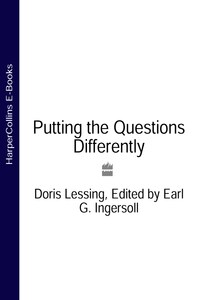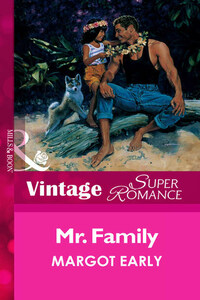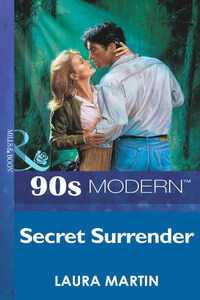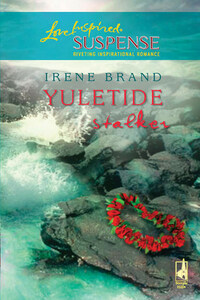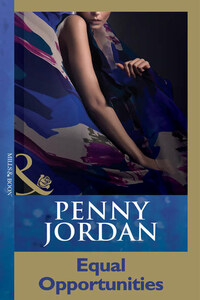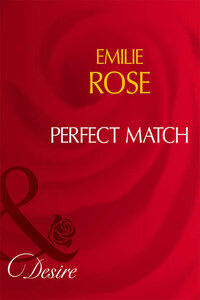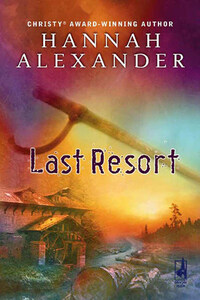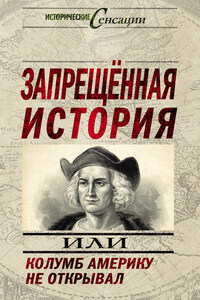FEW WRITERS HAVE VOICED more misgivings about the value of interviews yet submitted to as many of them as Doris Lessing. The two dozen conversations in this collection were selected from over 100 in which she has participated in the past three decades. Those 100 or so interviews run the usual gamut in a writer’s interviews. Among those not included here are many of the “celebrity interview” variety in which it is the writer’s fame that generates the interview. Such interviewers may know little or nothing of the writer’s work and occasionally may even begin with that confession, as though their busy lives as journalists somehow justify their not having completed their “assignments” in preparation for the interview. It is just this preoccupation with the writer’s personality that Mrs. Lessing has found particularly frustrating. As she has insisted on several occasions recently, being interviewed, especially following the appearance of one of her publications, is a part of book promotion that she submits to, often without enthusiasm. The interviews in this collection of “conversations” are generally “literary” interviews. The interviewer, frequently an academic or writer, can be expected to ask informed questions.
If Mrs. Lessing has misgivings about the interview as a literary form, they are grounded in her commitment to the writer’s craft. As one who is especially sensitive to language, she is dismayed by the narrow confines of the interview format. Seldom does the interviewee have the opportunity to prepare for the questions to be posed, and her views on complex issues or problems must be limited to a spoken response without the opportunity to revise. In such conversations, it is obviously impossible to say to one’s questioner: “Give me an hour to think about that question, before I respond,” or “Could you ignore what I’ve been saying for the past two minutes so that I might begin again?” or “May I reorganize the points that I am trying to make?” Clearly, she has felt the pressure toward oversimplification that such a format can easily produce. She herself has written about interviews in an article aptly entitled “Never the Whole Truth?” appearing in a recent issue of British Journalism Review (Winter 1990):
The slightest involvement with the machinery of interviews has to convince you that no one cares about facts. How many have I sat through, uninterested in the questions I am asked, which I have probably answered dozens of times before. I do this, I hope, amiably, with every appearance of interest: before any interview or ‘promotion’ trip I resolve never to seem impatient or bored, and to answer every question as if for the first time. But more than once, an interviewer, sensing I am not totally enthralled, has leaned forward at the end to enquire if perhaps there is something not yet mentioned that I would like to discuss. But on saying ‘Yes – so and so — ’ a look at first of incredulity, and then of boredom settles on his or her face, because what I have just said is not exciting enough, does not feed myths about writers. But an interview is ‘dead’ if the interviewee tells the interviewer what to ask. Why bother to have an interview at all? (The publishers have an instant reply to this.) The point is, the interviewer’s questions do interest him, her, and represent in some way the readers. When a German interviewer flounced off, ‘If you are not going to talk about your personal life…’ she was right. That is what interested her and therefore her readers. (Her fault was not to say in advance that this is what she expected me to talk about.) But it is a remarkable fact that of what must now be hundreds of interviews all over the world – you would be surprised how many interviews a writer doing ‘promotion’ is expected to agree to – only two or three stay in my mind as good ones – that is, based on real insight. I am not joking when I say that writing about writers has long since lost the idea that truth should be the aim.
